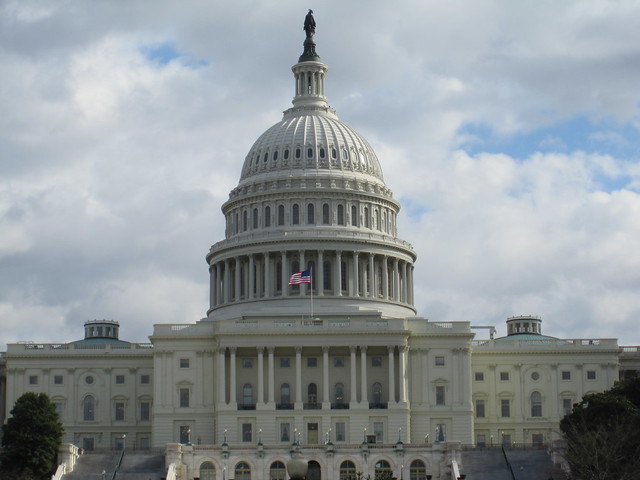
Congressman Kevin Hern (R-Okla) today introduced the “Pro-Growth Budgeting Act,” legislation that will require dynamic scoring of major-sized legislation. Americans for Tax Reform urges all members of Congress to support Rep. Hern’s bill.
Dynamic scoring allows policymakers to forecast the effects of fiscal policy based on the predicted behavior of people and organizations. Dynamic scoring takes into account multiple estimates on a bill’s effect on employment, GDP, investment, labor supply, interest rates, and other major economic indicators.
This legislation requires the Congressional Budget Office (CBO) to use dynamic scoring to assess the fiscal impacts of any major-sized legislation in addition to the 10-year static score that CBO already releases.
All legislation that affects revenue, spending, deficits, or debts above 0.25 percent of current projected U.S. GDP is subject to dynamic scoring under Rep. Hern’s legislation. If a bill does not reach the 0.25 percent threshold, The House Budget Committee Chairman and Ranking Member can still request an analysis.
The CBO would be required to disclose its data sources and transformations and the models it used to determine the dynamic score. This provision increases transparency and ensures that lawmakers are receiving reliable, unbiased information.
Dynamic scoring gives policymakers a more detailed picture of the economic impacts of legislation. For example, when forecasting the economic impact of raising the marginal income tax rate, the static score would assume that the government would raise more revenue with no distortions.
A dynamic score would rightly take into account that the tax would create a disincentive to work.
Static scoring has impeded lawmakers from considering the full effects of legislation in the past. Ignoring real-world economic indicators led the CBO to estimate that the Taxpayer Relief Act of 1997 would only create $120 billion in revenue over six years. Once implemented, the legislation generated $2.52 trillion in revenue, surpassing the CBO’s static estimate by $2.4 trillion.
Ignoring the real-world economic impacts of legislation can lead to bad policymaking because the full impact that legislation has on the U.S. economy is not considered.
Congressman Kevin Hern’s proposal rightly corrects this by making dynamic scoring available so that lawmakers can consider the full macroeconomic impact of major legislation.

